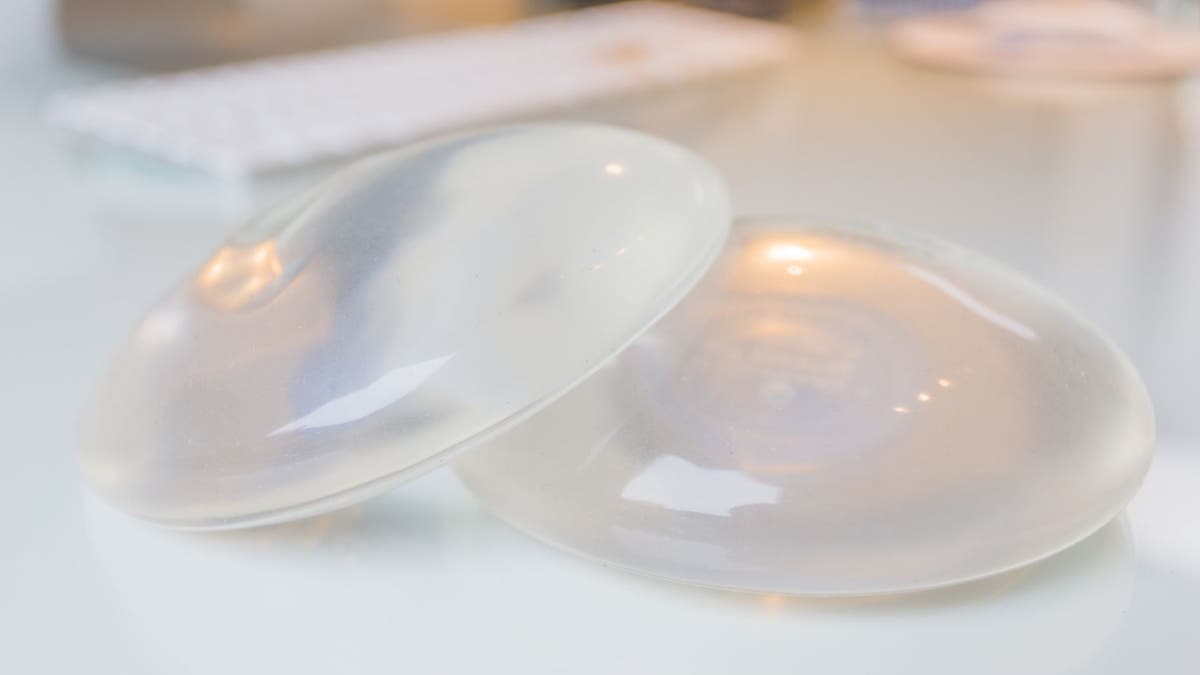
The patient was placed on antibiotics and advised to wait four months before replacing the implant. (iStock)
An American woman who traveled to Mexico five months after undergoing breast augmentation surgery had to have one of the implants removed because she developed salmonella in her right breast. The 34-year-old patient, who was not named in the JPRAS Open case report, was otherwise healthy before vacationing in Cancun and is believed to be the first documented case of breast implant infection following a case of traveler’s diarrhea.
According to the report, she developed abdominal pain and diarrhea during her vacation, which later progressed to fever and chills that persisted upon her return to the U.S. Her symptoms resolved without treatment, but 14 days later she began experiencing pain in her right breast, which appeared swollen and tender.
The report’s authors noted that a “small amount of homogeneous fluid” was observed surrounding her right implant during an ultrasound. She was prescribed antibiotics but the pain continued to worsen, leading doctors to operate.
“She was taken to the operating room where the abscess was incised, drained and the implant removed,” the authors wrote. “Cultures grew Salmonella serogroup C.”
The patient was placed on antibiotics and advised to wait four months to replace the implant.
According to the authors, the case suggests doctors should counsel patients on the potential for bacteria to enter the bloodstream in the breast cavity and implant following a severe illness despite the overall risk remaining low.
“Our patient may have been able to avoid systemic illness (and potentially her breast implant infection) if she would have taken antibiotics earlier in the disease course when they were already otherwise indicated,” they wrote.
NEUROSURGEON OPERATES ON PATIENT'S YOUNG TEDDY BEAR
The report noted a 41 percent increase in breast augmentation procedures in the U.S. since 2000, but estimate only 1-2 percent of cases later developing a post-operative infection. The authors said most infections occur within the first two months following surgery.
“It may be reasonable to provide patients with breast implants who are traveling to areas at high-risk for traveler’s diarrhea or areas with limited medical resources with an antibiotic to take if moderate to severe symptoms of traveler’s diarrhea were to develop while away,” the authors wrote.








































